
What is Field Target Shooting? - A Beginners Guide6 September 2024 | Air Arms
Field target shooting is a dynamic sport that tests your shooting accuracy and adaptability to the elements, making each session a unique experience. Whether you're a beginner eager to hone your skills or an experienced shooter seeking a new challenge, Field Target Shooting can offer something for everyone. Over the years, field target shooting has grown significantly in popularity, carving out its niche within the shooting sports community. Its allure lies in the dynamic combination of mental focus and physical discipline, attracting seasoned marksmen and newcomers to test their skills. In this blog, we will go through the ins and outs of Field Target Shooting so that you can understand the sport and why it's such a popular choice of activity in the air gun community. What is Field Target Shooting?Field target shooting is a precision air rifle sport that tests your ability to hit small, distant targets under various outdoor conditions. This sport primarily uses high-powered air rifles equipped with telescopic sights, designed to shoot pellets accurately at targets placed at varying distances, typically between 10 and 50 meters. These targets often resemble small game in appearance, adding an element of realism and challenge. The course layout typically involves a series of lanes set up in outdoor environments like woodlands or open fields. Each lane contains several targets at varying distances, usually between 9 and 50 meters. The targets are often steel silhouettes with a "kill zone" that must be hit to score points. The course is designed to challenge shooters with different shooting positions and angles. To simulate actual hunting conditions, it may include natural obstacles like trees or bushes. The layout requires shooters to adjust for distance, wind, and trajectory, making it a test of skill and strategy. 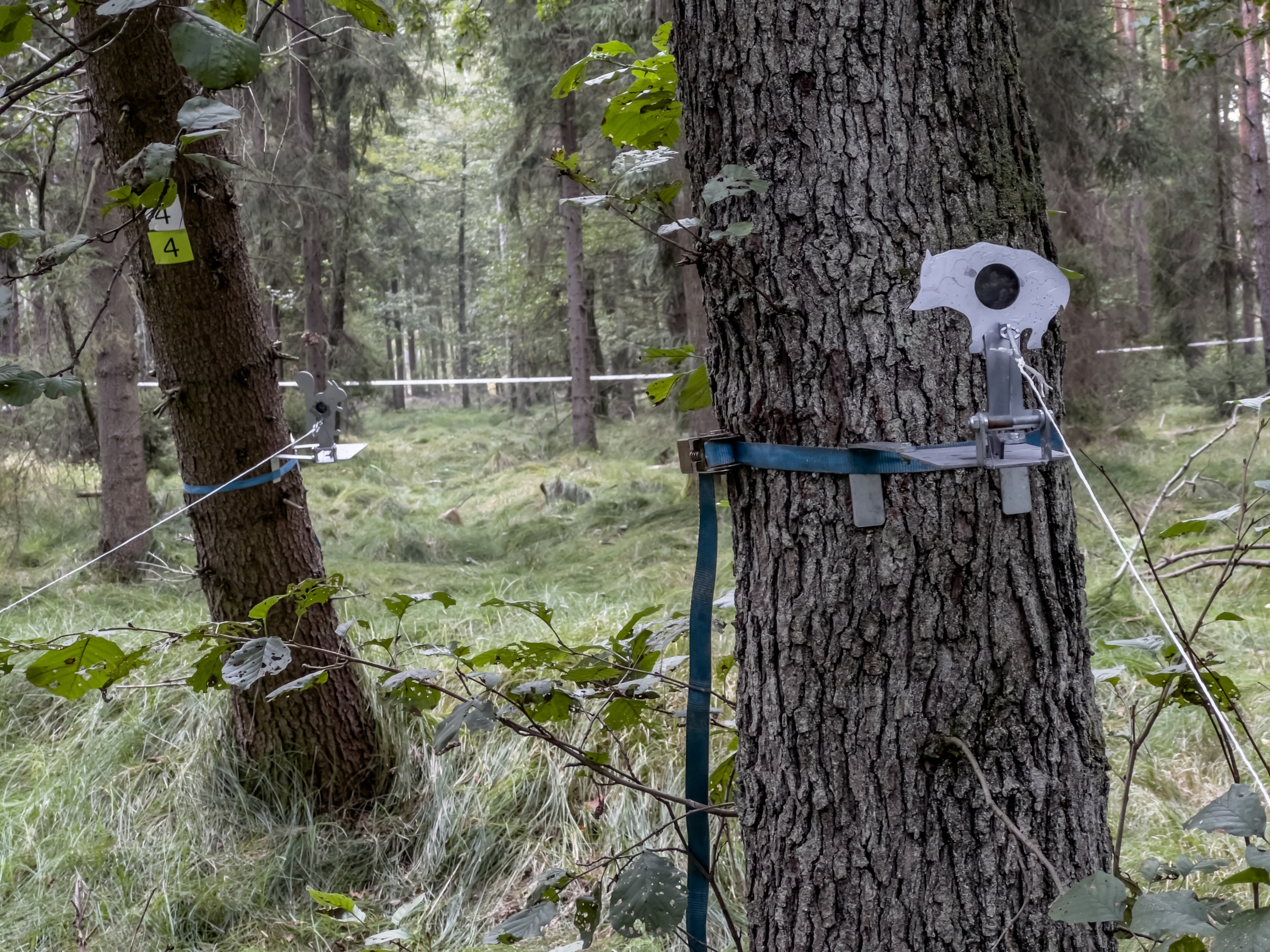 What are the rules?Field target shooting has specific rules that vary slightly by division, but here are some standard guidelines:
Equipment NeededField target shooting requires specific equipment to ensure a successful and enjoyable experience. Let's examine the equipment and tools needed for this activity. 1) Air Rifles:Field target shooting is predominantly performed with high-powered air rifles. These rifles are designed for precision and accuracy, typically using .177 or .22 calibre pellets. The choice of rifle can vary based on personal preference and competition rules. Still, key features include adjustable stocks for comfort, a smooth trigger for controlled firing, and the capability to deliver consistent velocity for reliable shooting. To learn more about the types of air guns you can choose from (from spring air rifles to PCP air rifles, check out our blog here.) 2) PelletsSelect high-quality pellets that are consistent in weight and shape for better accuracy. By carefully selecting and testing pellets, you can optimise your setup for field target shooting, ensuring better accuracy and more competitive performance 2) Scopes:A reliable scope is crucial for field target shooting, allowing shooters to aim precisely at distant targets. Look for scopes with high magnification (often up to 50x) and adjustable turrets, which help compensate for windage and elevation. Parallax adjustment is another critical feature, allowing shooters to maintain a crisp and clear focus at various distances. 3) Targets:The targets in field target shooting are typically metal silhouettes with designated hit zones. These targets are crafted to fall when hit accurately, providing instant feedback. The hit zones are often small and challenging, requiring shooters to fine-tune their aim and consistency. 4) Shooting Mats:Shooting mats provide comfort and stability when adopting prone or kneeling positions. Their cushioned surface can help reduce fatigue during extended shooting sessions. 5) Wind Indicators:Understanding and compensating for wind is vital in field target shooting. Wind indicators like small flags or streamers can help shooters assess wind direction and speed, improving shot accuracy. 6) Specialised Clothing:Wearing the proper clothing can enhance both comfort and performance. Consider investing in shooting jackets or gloves that offer support and flexibility. These garments are designed to provide stability and reduce movement, aiding in achieving precise shots. With the right combination of essential and optional gear, you can confidently tackle field target courses and enjoy the sport to its fullest. 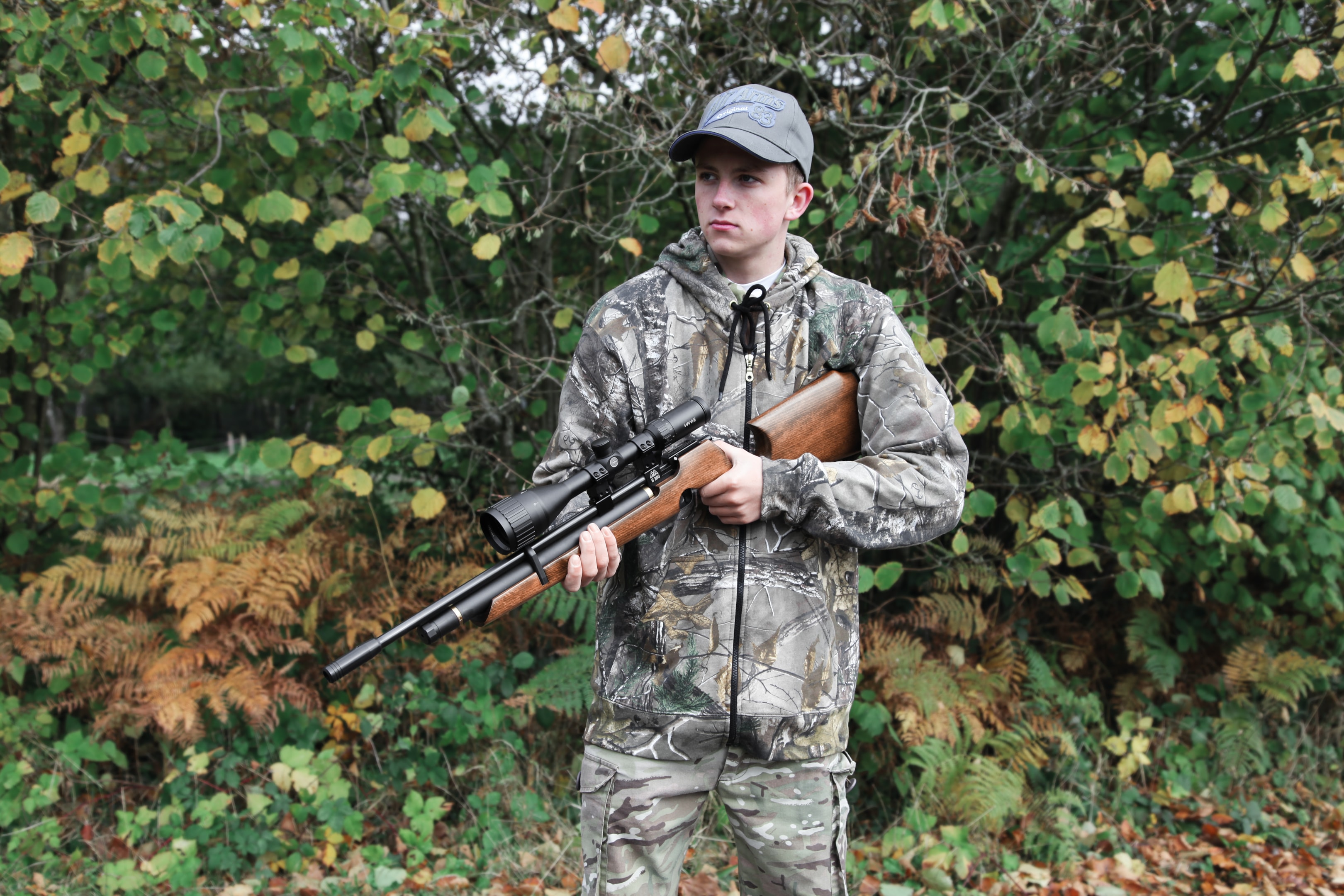 How to get startedSo now that you know what field target shooting is and the equipment you need - how do you get started? Embarking on the field target shooting journey can be exciting and rewarding, so let's look at some tips to help you get started. 1) Choose the Right Equipment:Start with a basic setup that suits your budget and skill level. Look for entry-level air rifles that offer good accuracy and reliability. Pair it with a scope that has adjustable magnification and is easy to use so that you can get going. Finding the perfect air rifle for you will depend on your skill set and experience. As you gain experience, you can upgrade your equipment to meet your needs better. 2) Join Local Clubs and Organisations:One of the best ways to dive into field target shooting is by joining a local shooting club or organisation. These groups offer a supportive environment where you can learn from experienced shooters, participate in events, and practice regularly. Clubs often provide access to ranges and courses designed for field target shooting, which is invaluable for honing your skills. 3) Learn the Basics:Before hitting the range, take time to understand the basic shooting techniques. Focus on your stance, grip, and breathing techniques, which are fundamental to improving accuracy. Practice regularly to develop muscle memory and consistency in your shooting. Techniques and SkillsField target shooting demands a blend of techniques and skills that enable shooters to consistently hit their targets with precision. Here’s a rundown of the essential techniques and skills needed to excel in this sport, along with tips to enhance accuracy and performance: Mastering the Stance:A solid stance forms the foundation of accurate shooting. Whether standing, kneeling, or prone, ensure your body is stable and comfortable. Keep your feet shoulder-width apart, distribute your weight evenly, and maintain a relaxed posture to minimise movement during shots. Perfecting the Grip:How you hold your rifle can significantly affect your shot. Use a firm but not overly tight grip, allowing your trigger hand to maintain control and stability. Your non-trigger hand should support the rifle comfortably, helping you steady your aim. Breathing Control:Proper breathing is crucial for maintaining focus and stability. Practice taking deep breaths and pausing at the natural exhale point before squeezing the trigger. This practice helps reduce movement and enhances shot consistency.
4) Online Resources:Numerous resources are available online for newcomers to field target shooting. Consider joining forums and social media groups where enthusiasts share tips, experiences, and advice. You can find excellent videos covering everything from equipment setup to shooting techniques, as well as books and guides about air rifle shooting. 5) Stay SafeAlways prioritise safety when handling air rifles. Familiarise yourself with safety protocols and wear the appropriate protective gear. Remember, the ultimate goal is to enjoy the sport, so have fun and take pride in your progress, no matter how small. 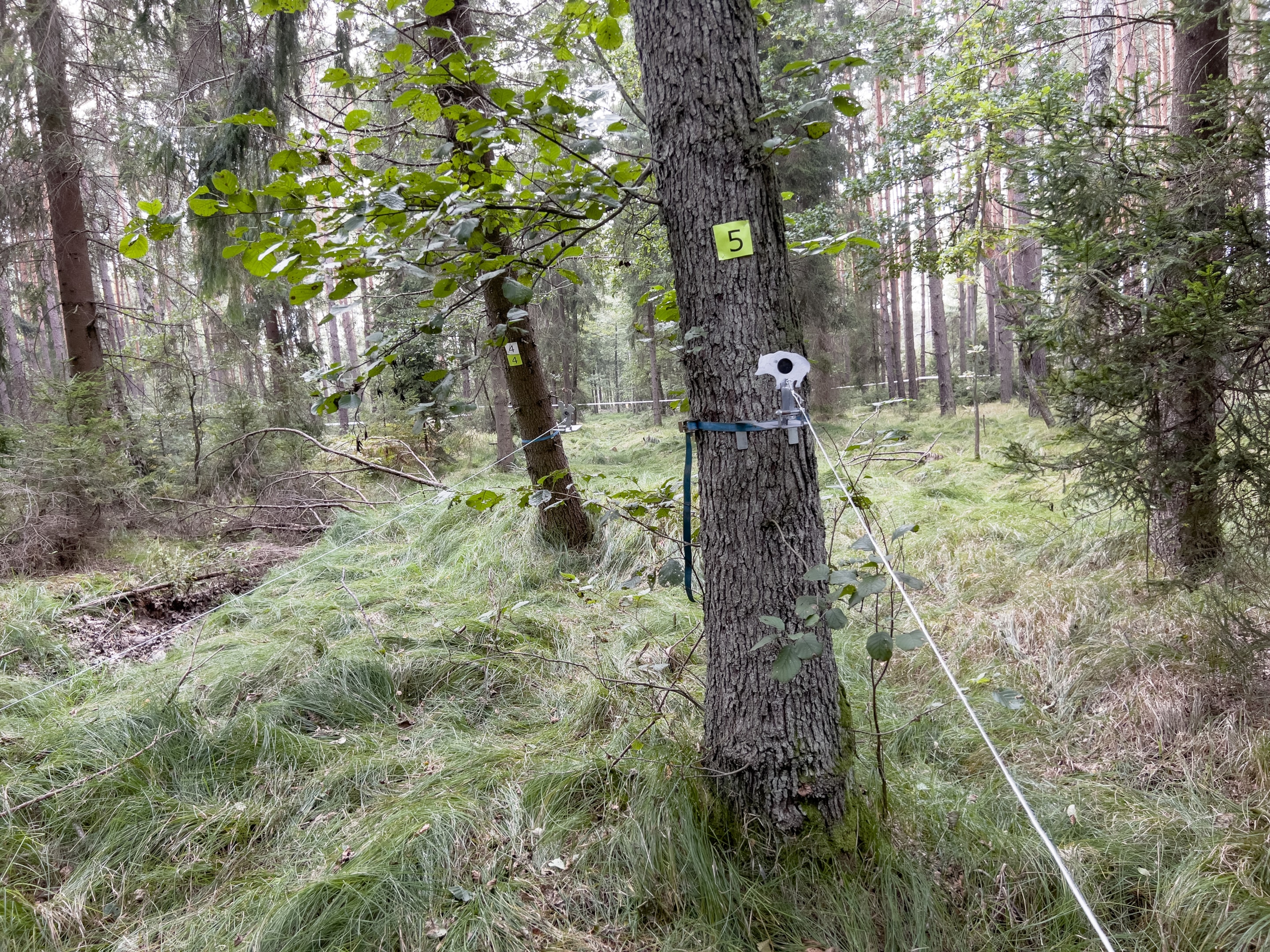 So, why do field target shooting?If you're not already convinced of the fantastic nature of field target shooting, perhaps outlining some main benefits will encourage you to take the next step.
Overall, field target shooting is a versatile and engaging sport that combines physical skill with mental acuity, making it appealing to a broad audience.
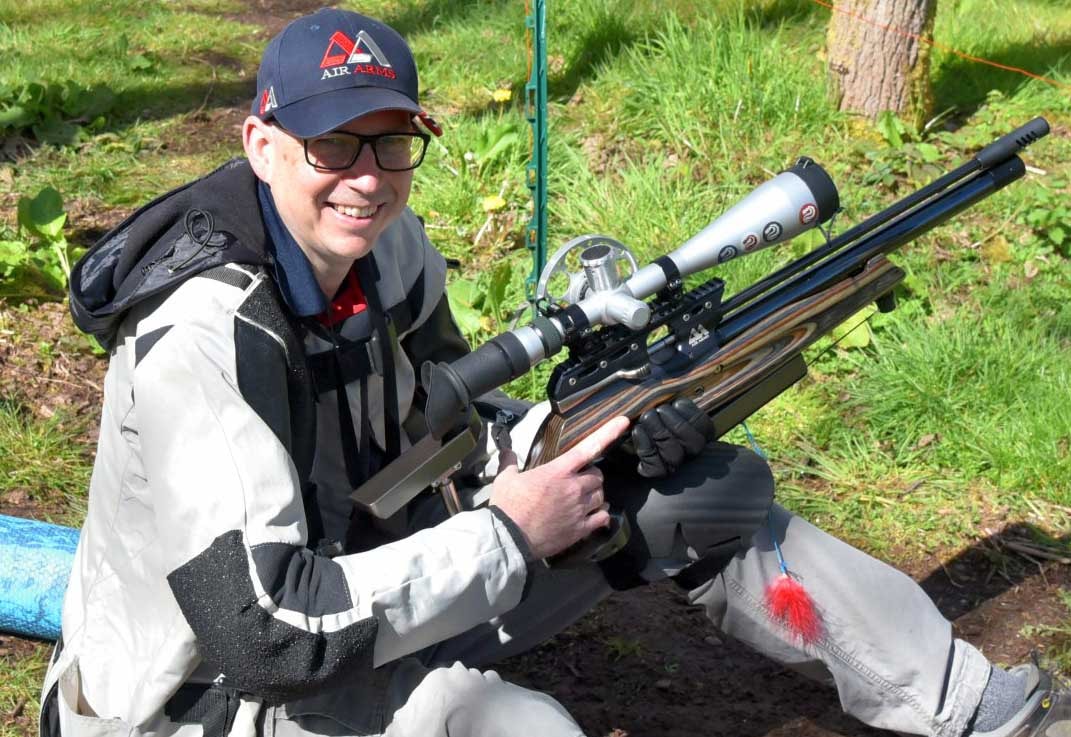 Safety ConsiderationsLike with any air gun activity, the most important consideration to have is making sure you're participating in legal and safe shooting practice - not just to ensure the safety of yourself but for others and the environment around you. Proper Handling of Air Rifles:
Wearing Protective Gear:
Understanding and Following Range Rules:
Maintaining Awareness of Surroundings:
Ensuring Equipment is in Good Working Condition:
Remember...
The importance of safety cannot be overstated, as it ensures that field target shooting remains a safe and enjoyable sport for everyone involved. 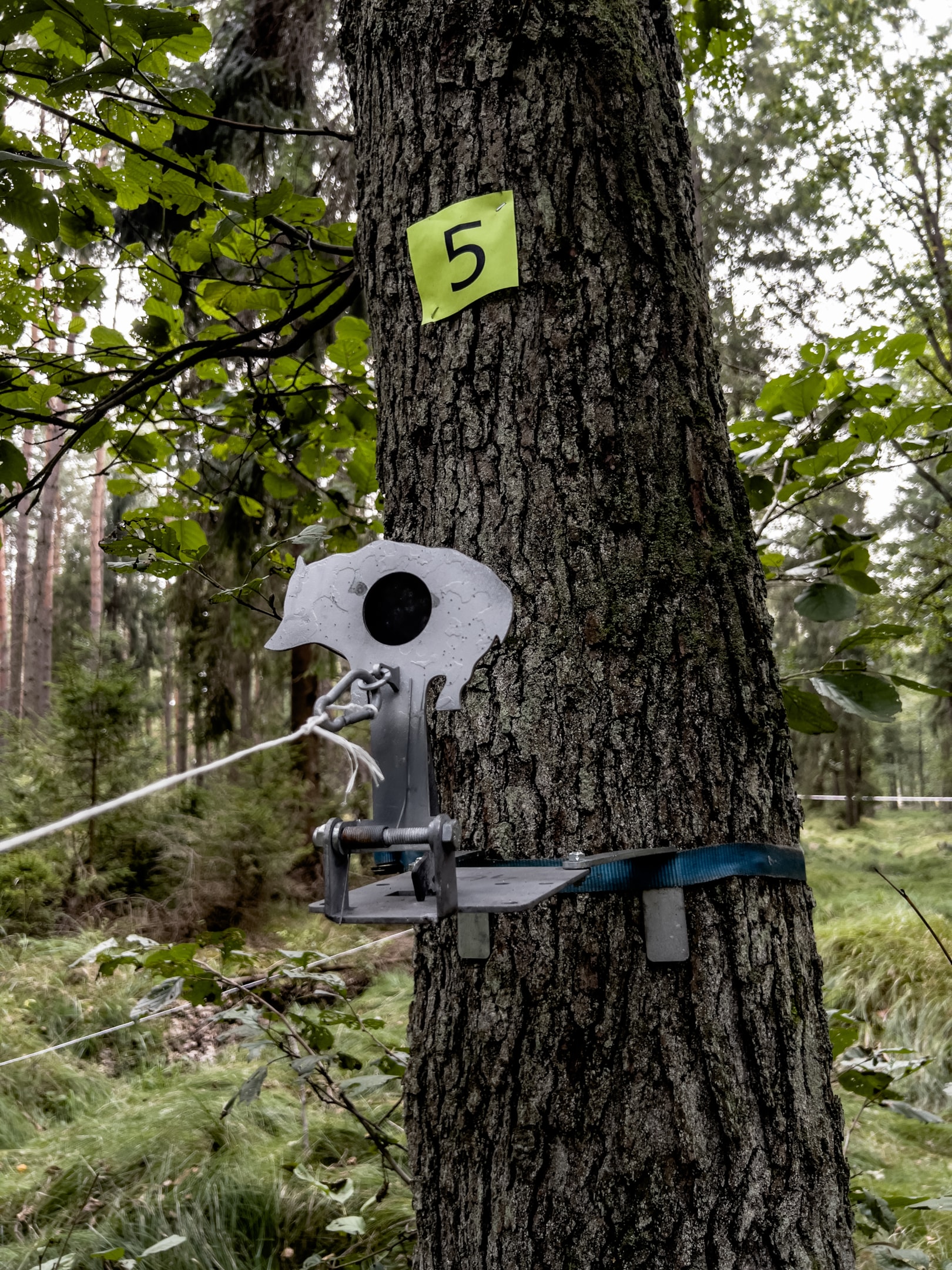 Final ThoughtsIn conclusion, field target shooting offers an exhilarating combination of skill, precision, and community spirit, making it an ideal pastime for those seeking challenge and camaraderie. As you embark on your field target shooting journey, consider joining local clubs and organisations to connect with fellow enthusiasts and gain valuable insights. Participate in competitions to test your skills and experience the thrill of the sport. Most importantly, commit to continuous improvement by practising regularly and honing your techniques. Field target shooting is more than just a sport; it's a community of passionate individuals driven by a shared love for precision and excellence. Embrace the journey, learn from each experience, and let your enthusiasm propel you toward new heights. If you have any other questions regarding these activities or about our spring-powered air guns and PCP air guns - please do not hesitate to contact us. A team member will be more than happy to assist you with your air rifle needs. |
|